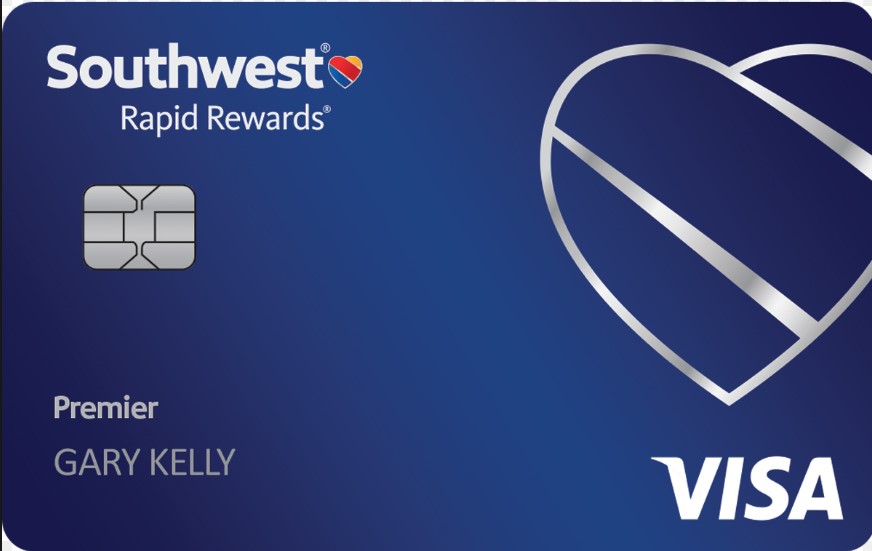Business Credit Card

A business credit cards is a credit card or charge card issued by a bank for a company or a person engaged in business. There are a lot of small companies and small businesses in the U.S., so banks sometimes call them Small Business Card.
One of the great advantages of using a business credit cards is that it is easy to separate company spending from personal expenses, which is not only beneficial for the company's bookkeeping and preparation for tax filing searly, but also avoids the risk of some large corporate spending or debt to an individual's credit rating upgrade. You can also open an employee card associated with the primary card, and manage the company's purchases and repayments in an orderly manner.
From the point of view of credit card returns, business credit cards card card reward and cashback compared to personal cards. A business credit cards will send $400 in cash or higher-value airline miles hotel credits. If you are eligible to hold several of the God cards on a business credit cards, you can also get a high reward when you spend it.
Business credit cards are not only open to so-called large companies, as long as you have your own company or are engaged in business activities, regardless of size, income, you can apply for business credit cards for this business activity.
If you have a company, such as Corporation, LLC, and Partnership, you can apply for a business credit cards using your company's TIN(Tax identification number). If you're just doing business on Amazon, Ebay, doing odd jobs for someone else, or charging rent through a rental, you can apply for a business credit cards through your own SSN in the name of Sole Proprietor ( the equivalent of a self-employed person). If you haven't started a business yet, you just have a preliminary idea, and in theory you can apply in the name of Sole Proprietor.
In general, banks are required according to the records above your business credit report, such as business history, income, existing business credit cards, number of employees, and so on. If you are applying for a business credit cards for the first time, you will generally be judged on the basis of your personal credit report.
Business credit cards reconsider much more difficult than personal credit card, and Credit analyst asks about your business model and related information. So whether you have real business practices or not, be prepared to be questioned. If you're not sure about your explanation, you might as well wait for the news.
Like personal credit reports, businesses have credit reports. However, the method of recording business credit reports is complex and cannot be queried by individuals. Your business credit history includes credit card applications and repayment records, and should also include things like loans. In short, from the moment the lending occurs, all the information is recorded on the business credit record.
Hard Pull: You can notice that when filling in your personal information verification, you need to fill out your own SSN. This is when your personal credit report is called by the bank once, generating Hardpull, which in turn affects your credit score by 5-10 points.
Impact on personal credit: Whether you apply with a TIN or SSN, most banks do not report business credit cards payments, Balance, to personal credit reports (except Capital One and Discover). So apart from hardpull at first, it doesn't affect your personal credit history. Of course, if long-term arrears or bankruptcy are involved, there is still a risk of having an impact on individual records.







